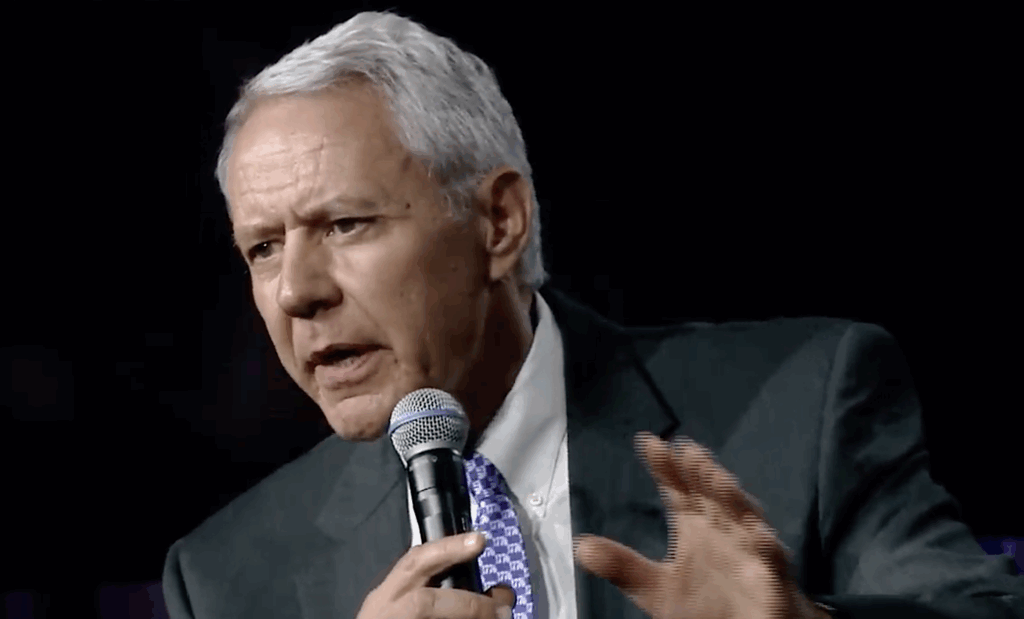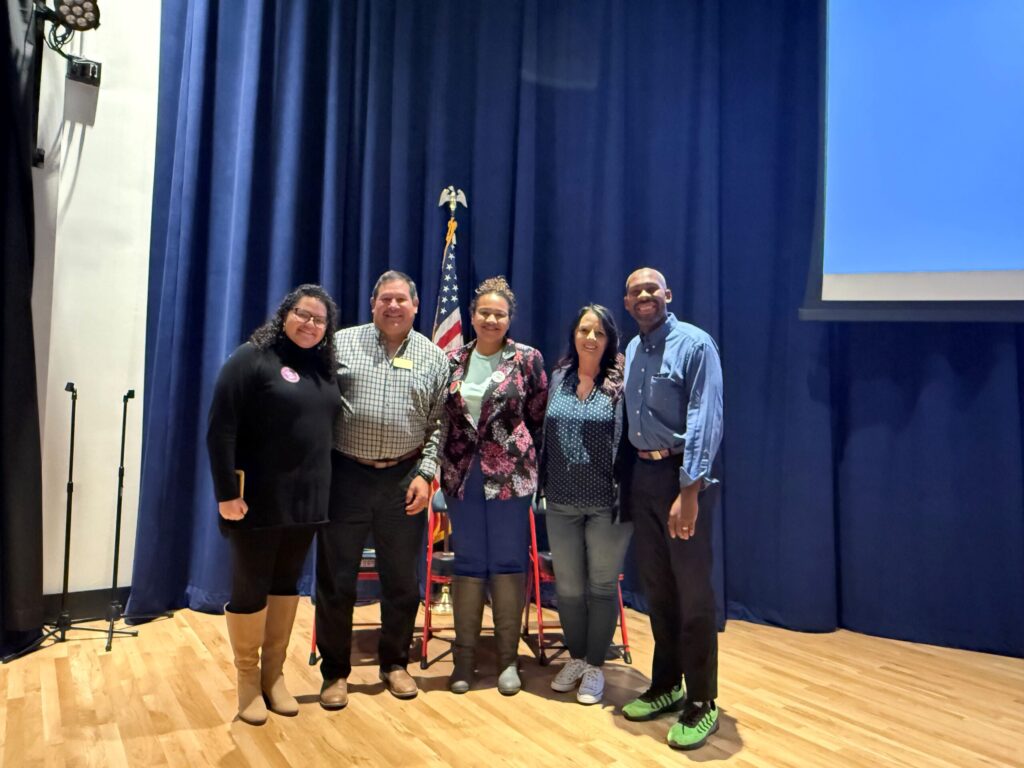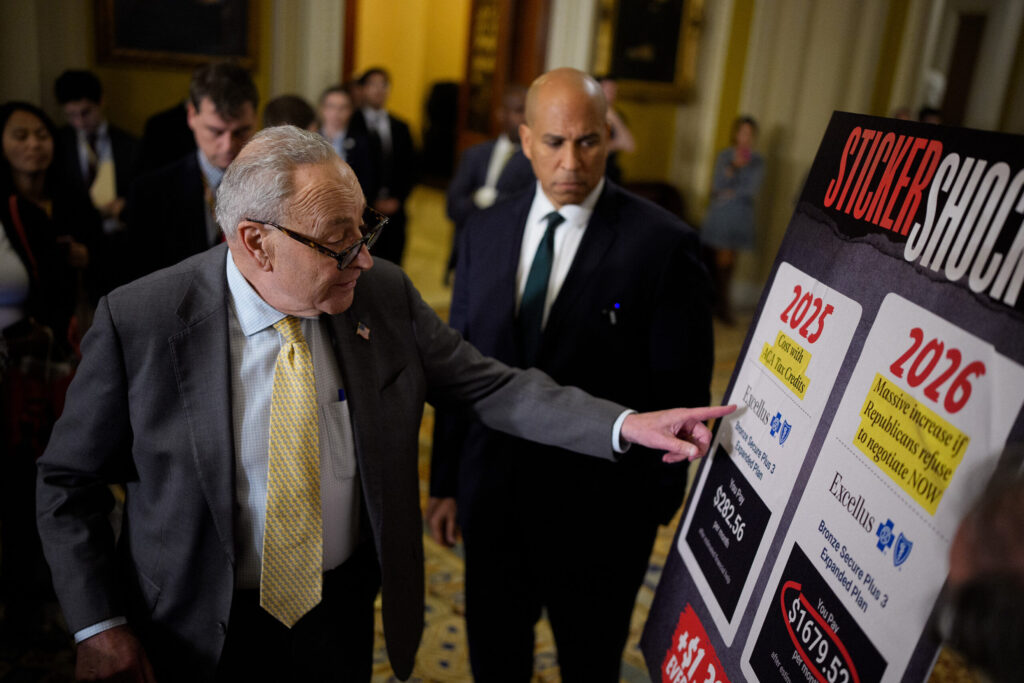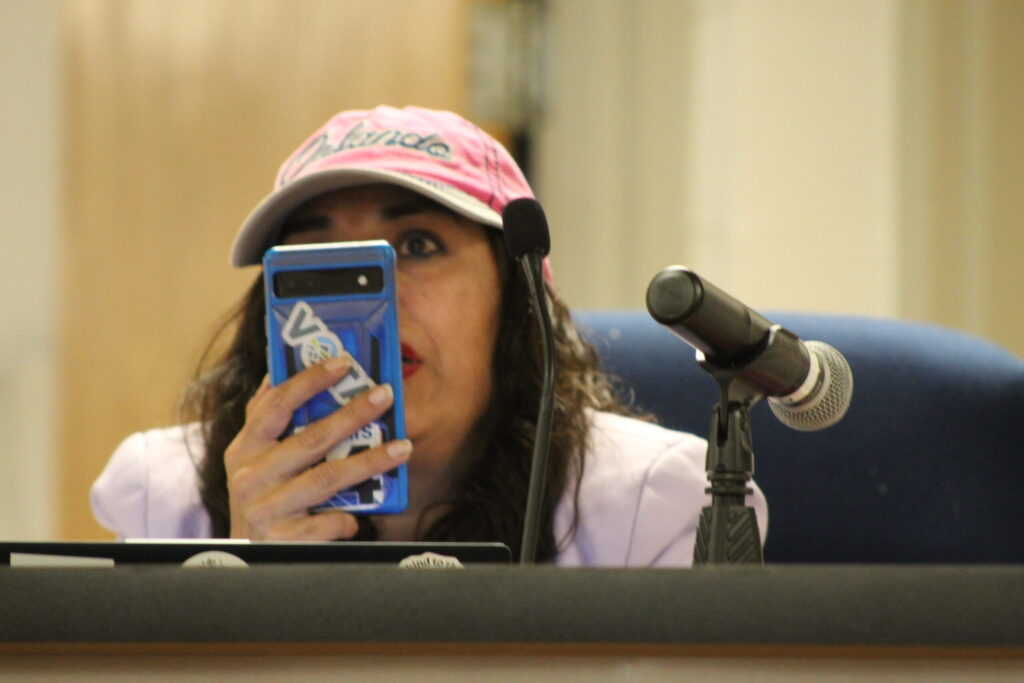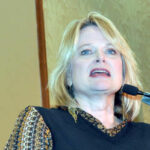Dobbs: Middle East becoming more complex, less predictable

Greg Dobbs says the Middle East has changed a great deal since he covered the region for ABC News, and not necessarily for the better.
The now-retired Dobbs, an international correspondent for 10 of his 23 years with the network, shared his analysis of the current climate and anecdotes from his time in the field Monday with students at Johnson & Wales University in Denver.
Take Libyan dictator Muammar Gaddafi, the erratic strongman who ruled from 1969 until he was killed in 2011. Today, there are two declared capitols in Libya “ruled by two different factions that are out to kill each other,” said Dobbs.
“So the Libya in the old days had this clown running it, but it had some governance. Today, it’s anarchy,” Dobbs said. “That’s another way in which the Middle East has changed.”
In his talk, sponsored by the Counterterrorism Education Learning Lab in Denver, Dobbs discussed the growing importance of social media in changing events in the Middle East. For example, terrorist groups like ISIS are using social media to reach young recruits.
Despite its brutality, ISIS has a message that many underclass, aimless young people find appealing, he said.
“They are recruiting young people with social media and saying to them . . . ‘We’re going to care for you. We’re going to pay some attention to you. You’re coming from either a family background or a governmental background or some other kind of background where nobody’s paid much attention to you and you’re just a nothing. We’re going to make you feel important. We’re going to be your family,’” said Dobbs. “People respond to that.”
Those recruits often have “different moral standards,” he said, but they are also motivated by many of the same concerns that drive people everywhere.
“Eventually they say, ‘I’ll do what I’ve got to do to keep this because if I go back to my place, I’m a second-class citizen,’” Dobbs said.
He said the top four hot spots in the Middle East are now Yemen, Iraq, Syria and Afghanistan, describing them as “very much under siege today.” He’s spent time in all four, most memorably in Yemen, where he and his camera crew had to ride back from an earthquake zone in the back of a truck with sheep after their helicopter pilot forgot to retrieve them.
“That was Yemen then. Today there are three different radical factions fighting for control of Yemen,” Dobbs said. “War is not pleasant thing, it’s not humane in any way. But some are worse than others, and Yemen’s is particularly bad because there are proxy nations that are interested in the outcome, Iran and Saudi Arabia are among them. They are showing even less regard for human life in Yemen than I’ve seen in other wars.”
What many Americans fail to realize is that the primary conflict driving events in the Arab world is no longer the clash between the Israelis and the Palestinians, he said, but rather the Sunnis and the Shiites, both of whom are Muslim.
“Today the alliances between nations are defined by the Sunni-Shiite conflict. And there’s not much talk in the Arab world about the Israeli Palestinian conflict,” Dobbs said. “It’s defined by the Sunni-Shiite conflict. Which is pretty bizarre in a way, because that conflict is founded on a disagreement that happened within the family of their prophet Muhammad right after he died about 1,400 years ago.”
The result is that Saudi Arabia, which is Sunni, and Iran, which is Shiite, are at loggerheads with each other, and all the less powerful countries “line up behind them,” he said.
The situation has created complex alliances and strange dynamics in the region.
“The United States wants to get rid of ISIS in Syria. So does Russia. So Russia has now entered Syria. So does Iran, so Iran has now entered Syria,” Dobbs said. “But on the other hand, the United States also wants to get rid of the evil man who’s also dropping barrels on people in Syria, the president, Bashar al-Assad. But Iran and Russia are trying to support him. So we’re on the same side but also on different sides.”
There have long been radicals and terrorist groups in the Middle East such as Hezbollah and Hamas, but now even ordinary citizens are becoming more radicalized “like they never used to be,” he said.
“Usually the people were fairly normal,” said Dobbs. “They wanted the same things we want — a guarantee of a meal every day, a roof over their head, a job with a day off, and maybe a better life for their kids than they had. Today, people are increasingly governed by radicals.”
“After a generation or two, if you’ve been nurtured by radicals, what I’ve seen is that you’re more than likely to become a radical yourself,” he said. “If you’ve been nurtured by terrorists, you’re more than likely to become a terrorist than not.”
That explains in part how al Qaeda and ISIS have become so entrenched among ordinary civilians.
“They didn’t have any care or attention from their previous governments in Iraq or Syria,” said Dobbs. “So you can understand trading one devil for another.”
The challenge for U.S. policymakers is that it has become even more difficult than ever for Western powers to figure out how to approach the region.
“The implications for America’s foreign policy are that we don’t always understand what people want,” Dobbs said. “We offer incentives to try to modify the behavior of national leaders. We offer incentives based on what we’d want if we were in their shoes.”
The problem is that “they don’t want to be in our shoes,” he said. “They don’t always want what we want.”



